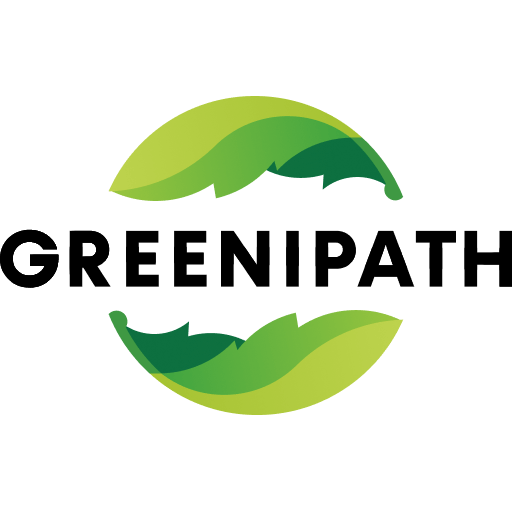-
Icon List Item
-
Icon List Item
-
Icon List Item
- Burundi
VCS2616
Replaces open-fire cooking in Burundian schools with efficient biomass stoves, reducing deforestation, improving health, and keeping children in class.
Project Snapshot
Real Climate Action Improving Real Lives
1,2 Mio. tons
CO2 Reduction per year
300 hectare
Replanted land
+350 new jobs
Created through the project
Verified. Trusted. Backed by the UN.
To ensure that every credit protects the planet, this project is certified by Verra’s Verified Carbon Standard, one of the world’s leading carbon registries, recognized by the United Nations.
Impact Beyond Sustainability
This project goes further than sustainability and also supports the following Sustainable Developement Goals:
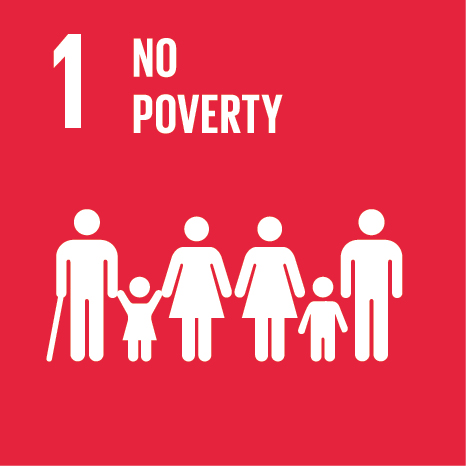
Aims to end poverty in all its forms everywhere.
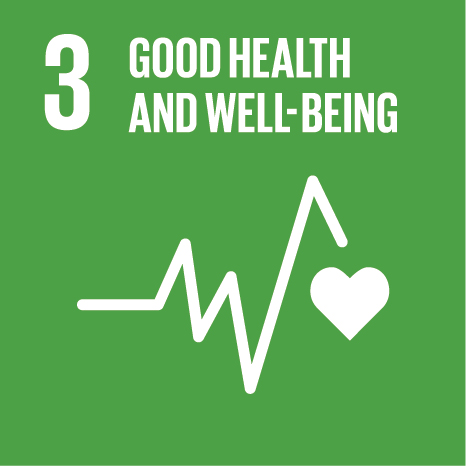
Ensures healthy lives and well-being for all ages.
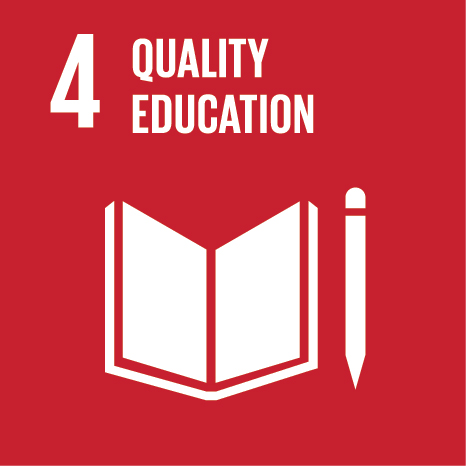
Provides inclusive and quality education for everyone.
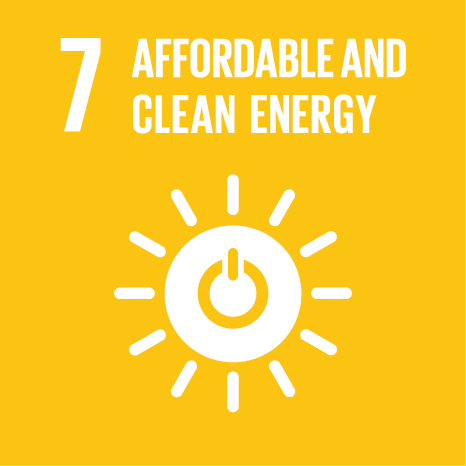
Provides access to sustainable and modern energy.
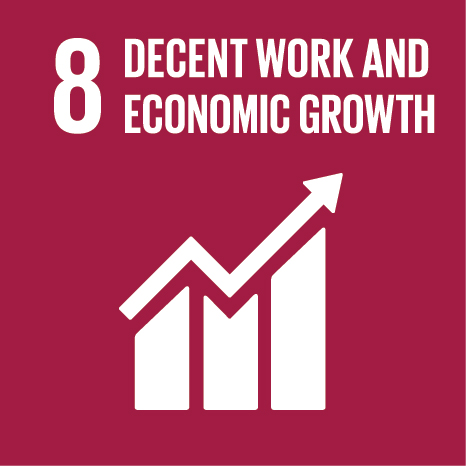
Creates jobs and drives sustainable economic growth.
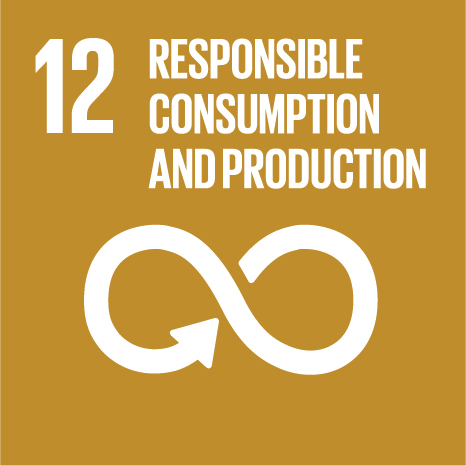
Promotes sustainable consumption and production.
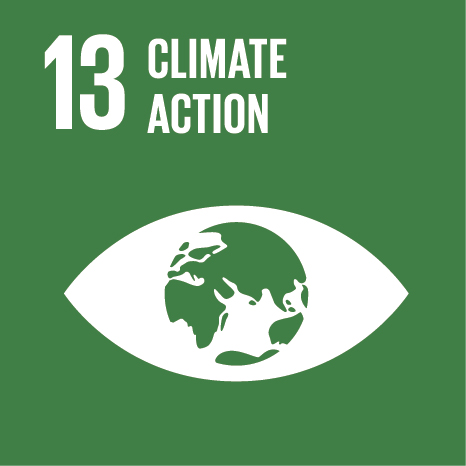
Combats climate change and its effects.
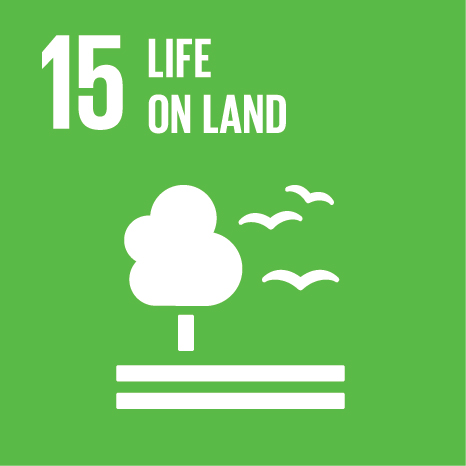
Safeguards ecosystems, forests, and biodiversity.
A hidden crisis behind every meal
In Burundi, the school kitchen is more than a place to cook. It is where children often receive their only reliable meal of the day. Yet most of these kitchens still rely on open three-stone fires, one of the least efficient and most harmful cooking methods in the world.
To keep these fires going, parents are expected to supply around 2 kilograms of firewood per child, every single day. The routine seems simple, but the consequences are profound.
– Deforestation is accelerating: Burundi lost more than 40% of its forest cover between 1990 and 2010.
– Fuel is wasted: open fires convert only 10–15% of energy into heat, burning vast amounts of wood for little return.
– Health is endangered: kitchens fill with smoke, exposing cooks and children to asthma, lung infections, and eye irritation.
– Education is disrupted: when families cannot bring firewood, children are kept at home. Attendance stagnated between 75 and 85%, leaving too many students behind.
What appears to be a cooking problem is in fact a systemic crisis—one that undermines health, learning, ecosystems, and long-term development.
A practical, local solution
Puriphy supports Burundi Quality Stoves (BQS), a program designed and built in Burundi to break this cycle. Instead of smoky fires, schools receive locally manufactured institutional cookstoves designed for efficiency and paired with a reliable renewable fuel system.
– High efficiency: New stoves reach 35–45% efficiency, more than doubling the performance of open fires.
– Renewable fuel: They run on biomass briquettes made from crop residues — husks, stalks, and other agricultural by-products.
– Local production: A factory with three dedicated lines builds the stoves, embedding knowledge and skills in the community.
– Employment: More than 350 jobs have been created in manufacturing, logistics, training, and maintenance.
– Secure supply: Briquettes are delivered directly to schools, lifting the daily burden from parents.
This is not a temporary fix. It is a self-sustaining system that combines clean energy, job creation, and environmental protection.
Tangible impact, verified and ongoing
Education
The first impact is felt in classrooms. Before the program, many children stayed home when families could not provide firewood. With improved cookstoves and free briquette delivery, attendance has climbed to ~98%. Today, the program has scaled to 3,000 cookstoves across 150+ schools, benefitting around 45,000 students every day.
Behind each stove is a classroom that stays full instead of empty.
Climate
By replacing inefficient fires with efficient stoves, the project avoids about 65,000 tonnes of CO₂ equivalent (tCO₂e) each year, all verified under the Verra VCS standard (Project ID #2616).
Since its launch in 2016, the program has reduced a total of ≈263,695 tCO₂e. To put that in perspective, that is equivalent to taking nearly 60,000 cars off the road for an entire year.
Independent monitoring ensures these figures are accurate and conservative.
Forests and biodiversity
Traditional fires once consumed 2 kilograms of wood per child, per day. With efficient stoves, fuel use has been cut by about 50%, saving forests from further destruction.
Each year, this translates to ~100 hectares of forest avoided from deforestation.
But the project goes further: through its own nursery, BQS has already replanted ~300 hectares of degraded land, restoring biodiversity and soil health.
That is the equivalent of replanting an area the size of 400 football fields.
Health
The health benefits are immediate and visible. Cooks no longer spend hours in smoke-filled kitchens, and children no longer eat surrounded by toxic fumes.
By lowering exposure to particulate matter, the project reduces the risk of asthma, chronic bronchitis, and lung infections. Cleaner kitchens mean safer meals, fewer sick days, and stronger communities.
Jobs and local economy
Beyond education and health, the program strengthens livelihoods.
More than 350 Burundians are employed in building, transporting, and maintaining the stoves.
Local farmers now have a new income stream by selling agricultural residues for briquette production.
This keeps economic value in Burundi, ensuring that every dollar spent on the project contributes directly to local resilience.
Why it matters
For children, this project means a classroom where learning continues uninterrupted.
For parents, it means relief from the daily burden of carrying firewood.
For cooks, it means safer working conditions.
For forests, it means fewer trees cut and more land restored.
For the climate, it means tens of thousands of tons of emissions avoided every year.
Every figure tells a story of people breathing cleaner air, forests standing longer, and students learning more.
How you can help
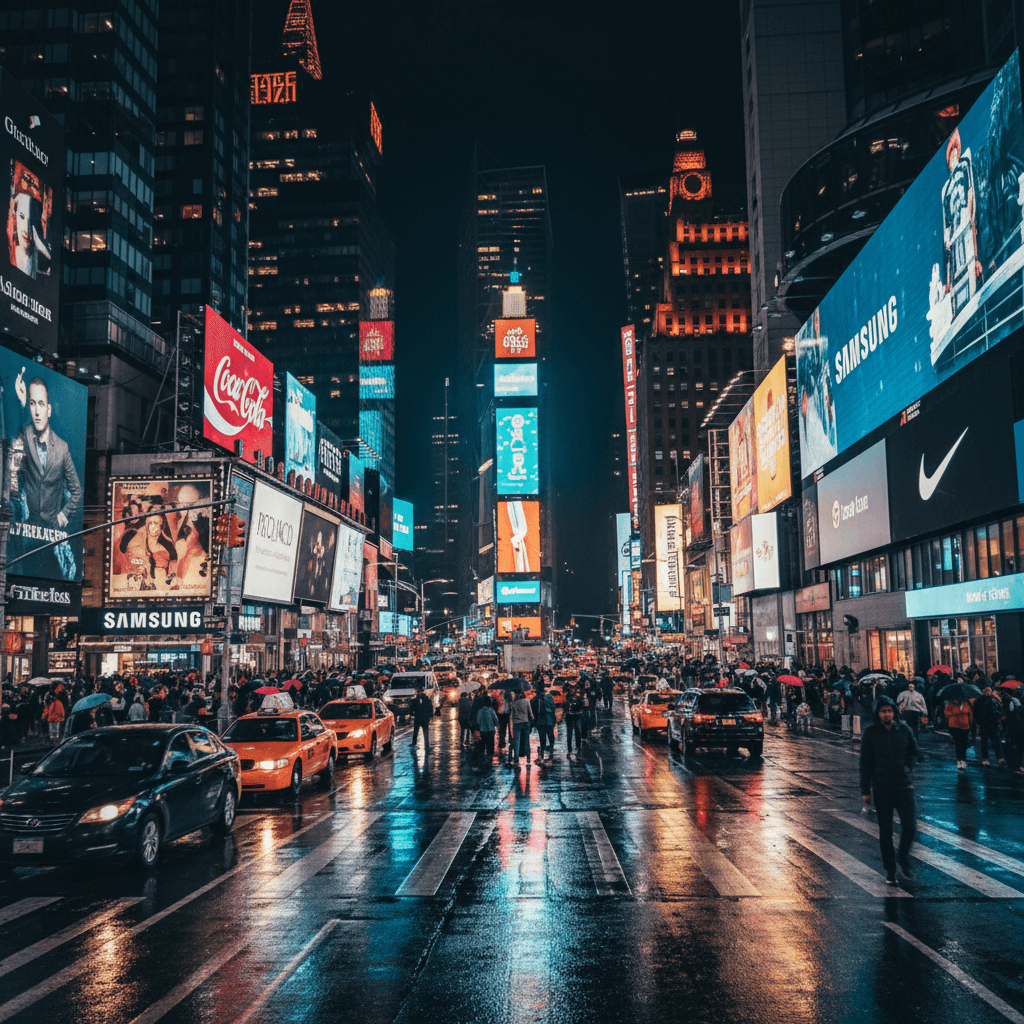
For Brands
Support projects like this by implementing the Puriphy Widget
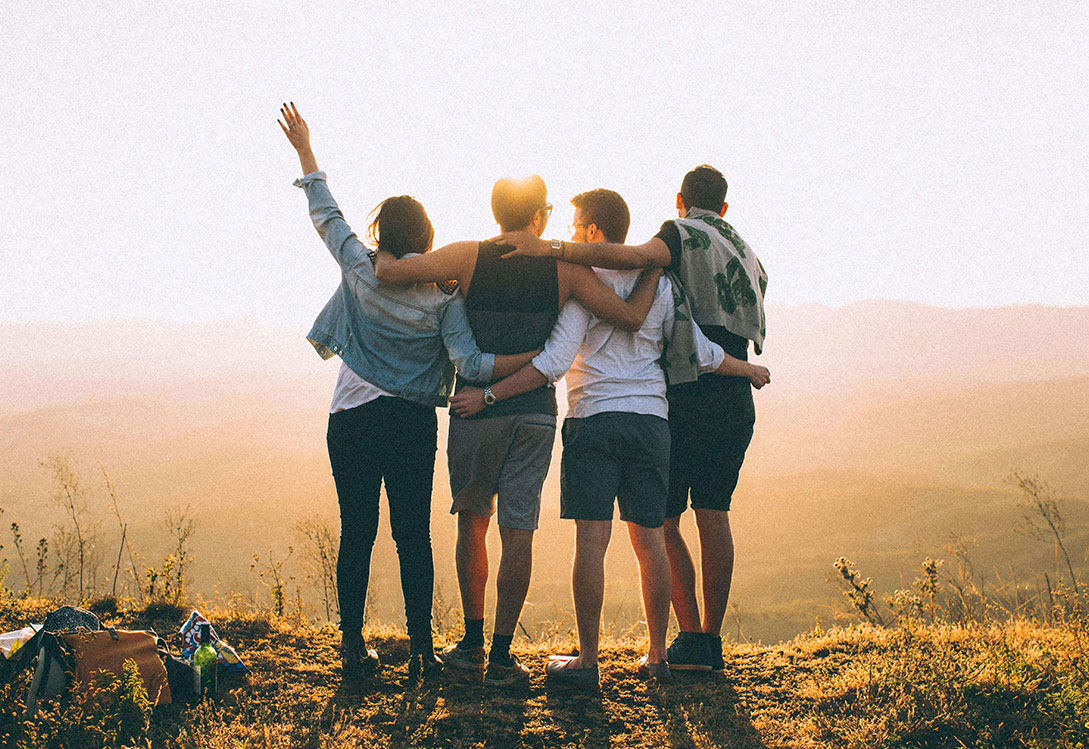
For People
Start funding projects like this one with Puriphy
Want to dive deeper into this Project?
Project timeline and certification
– Area: ≈299,640 hectares of rainforest and wetlands
– Developer: Wildlife Works
– Project start: 14 March 2011
– Registration date: 6 April 2020
– Crediting period: 2011–2041 (30 years)
– Standards: Verra Verified Carbon Standard (VCS934), Climate, Community & Biodiversity (CCB) Gold
Advancing the UN Sustainable Development Goals
Mai Ndombe REDD+ contributes to a wide range of SDGs, including:
– SDG 3 – Good Health & Well-Being: mobile clinics serving >16,000 people.
– SDG 4 – Quality Education: 10 schools built, 5,000+ students educated.
– SDG 8 – Decent Work & Economic Growth: 380+ jobs created and training provided.
– SDG 15 – Life on Land: protection of bonobos, pangolins and forest elephants.
Additional contributions: No Poverty, Zero Hunger, Gender Equality, Clean Water & Sanitation, Affordable Clean Energy, Reduced Inequalities, Climate Action and Partnerships.
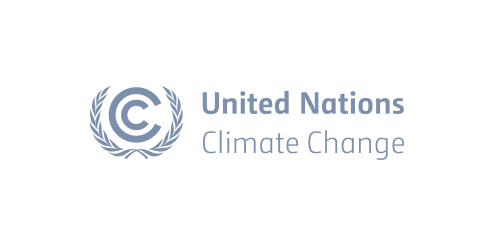
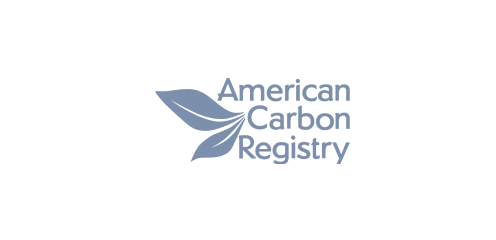
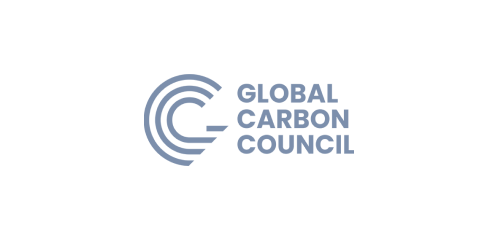
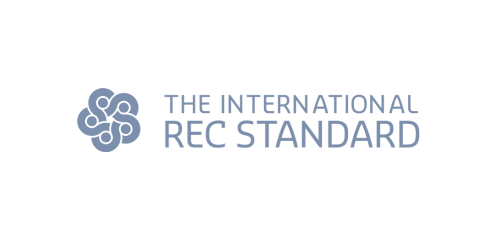
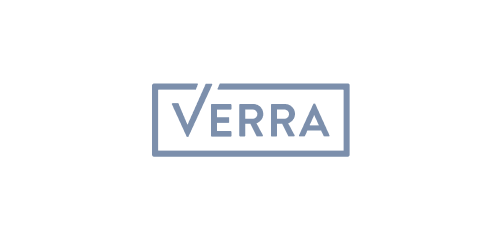
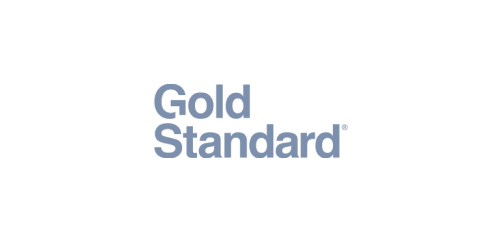
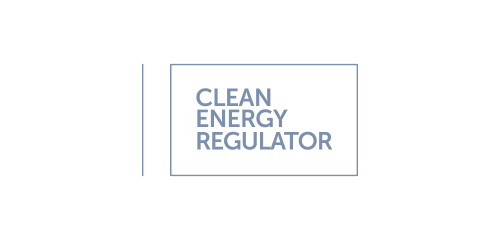
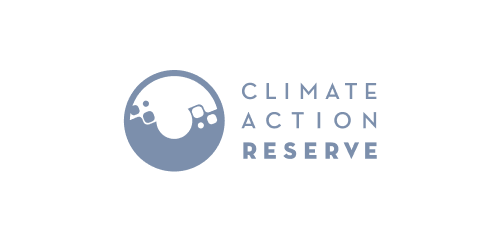








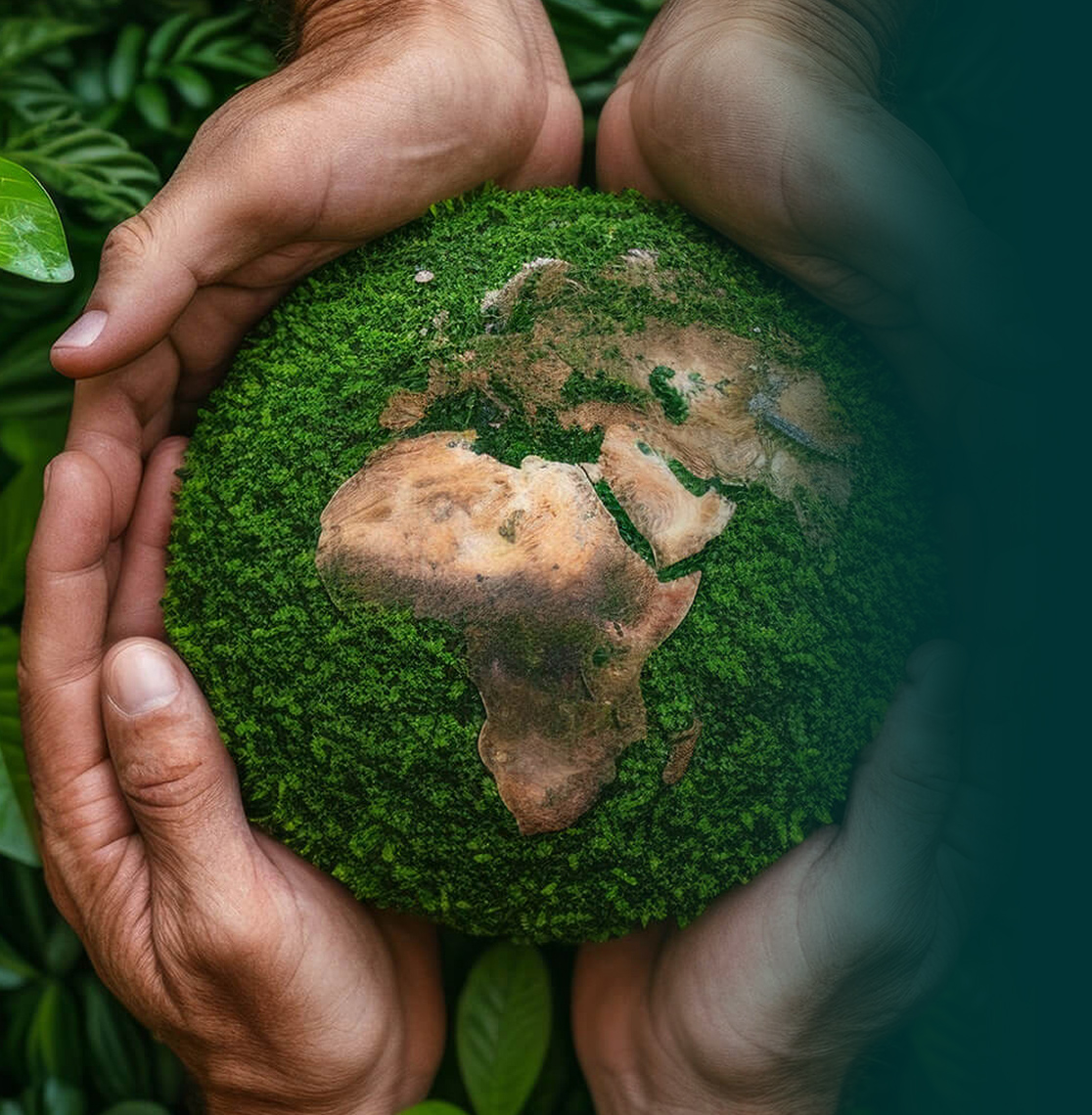
Be an Early Partner and Enjoy Lifetime Benefits
Join now and secure free access to our platform forever. Early partners get lifetime collaboration at zero cost, priority support, and exclusive access to new features as we grow together.

